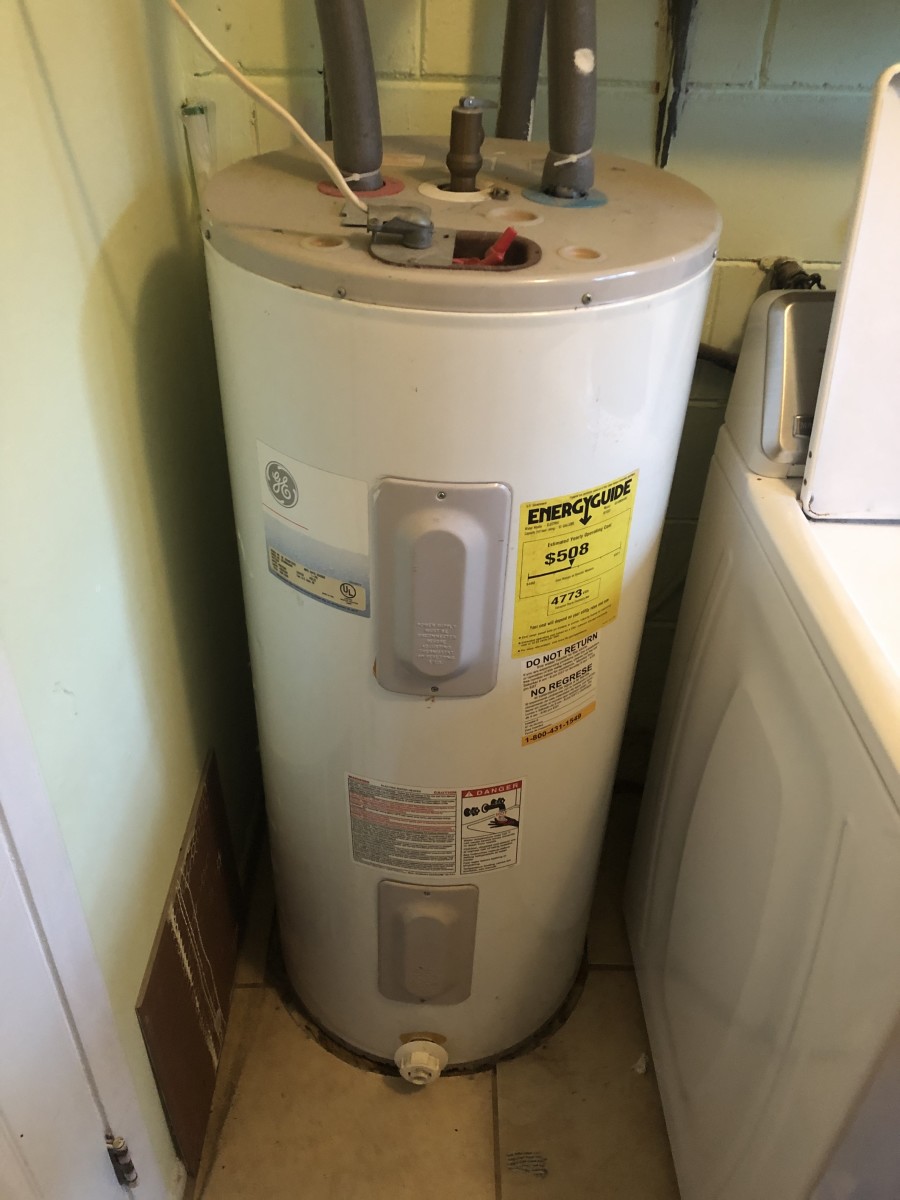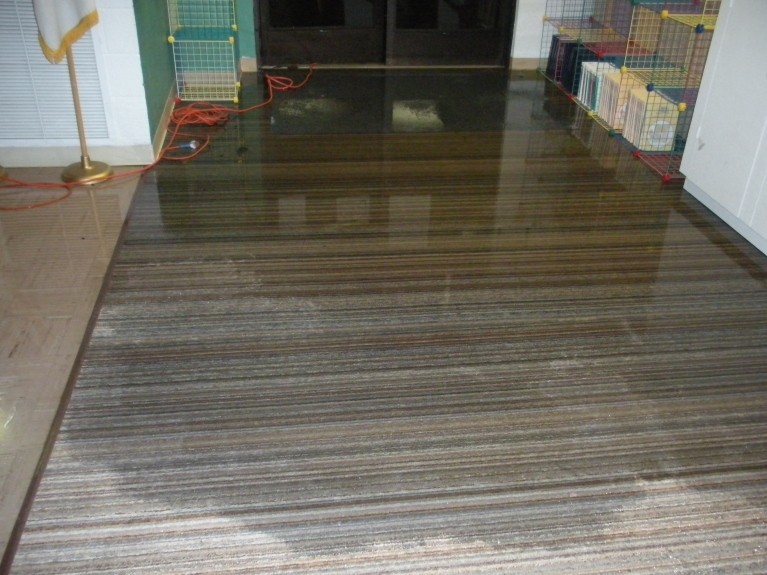Vital Actions Residential Property Owners Need to Follow When Addressing Broken Heating Units
Vital Actions Residential Property Owners Need to Follow When Addressing Broken Heating Units
Blog Article
The article in the next paragraphs in relation to Broken Water Heaters is incredibly motivating. You should take a look.

Whether it is located in the cellar or a separate space, damaged water heating systems can cause stress and anxiety. Having no warm water supply is additionally bothersome.
Call the Plumber
After doing the very first 2 security actions, you should call your plumber to come right away to deal with a burst water heating system. There are usually indications that your aging water heating system has sediment accumulation in the inside.
Instead, as quickly as you find these signs, have actually a professional come to evaluate your water heating unit container. Normally, water heaters have a life-span of about 8 to 12 years.
Cut Off the Cold Water Supply
Cut off the storage tanks tap water supply from the source. When your container is in great condition, the chilly water stops loading up when the tank is complete. If you can not locate it or reach it, you must transform off that primary water supply line outside your residential property.
Shut Off Source Of Power
Before calling the plumber, shut off a gas water heater by turning the temperature level dial. This will avoid electrocution, particularly if there is a leak as water is a conductor. Generally, the home heating aspect closes off when the water strikes a specific temperature.
Tidy up Residential or commercial property
After calling the plumber, record damage by bearing in mind and also pictures so you can declare your homeowner's insurance. From there, begin the prompt clean-up. Obtain any essential items to stop further soaking. Then, get rid of any standing water to prevent mold and mildew and also mold development. Make use of that to drain pipes the water if you have a completely submersible water pump. Otherwise, the standard pail method will likewise function. Try to mop out everything, consisting of wall surfaces and also walls. If you have an electrical follower as well as dehumidifier, maintain them running to maintain air flowing. This will certainly aid hinder mold development.
Keep in mind, if you see any type of issues with your water heater, call the pros right away. You can not take this issue lightly because a defective thermostat can increase water temp to a dangerously high level, leading to unexpected burns.
After doing the very first 2 safety actions, you need to call your plumber to come right away to fix a burst water heating unit. Instead, as soon as you detect these signs, have actually an expert come to inspect your water heating unit tank. Before calling the plumber, closed off a gas water heating system by turning the temperature dial. If you have a completely submersible water pump, make use of that to drain the water. Keep in mind, if you observe any kind of concerns with your water heater, call the pros right away.
Is My Water Heater Broken?
The Water Heater is Old
No appliance will last forever. This includes a home’s water heater. During its lifespan, residents are going to face a situation where a new water heater installation will be necessary. The biggest problem with this is that most people are not sure when their water heater expires. Not knowing this can lead to serious risks if the unit begins to act up due to old age.
Most makes and models of water heaters will last between eight and 10 years. While 10 years is the age when water heater replacement is highly recommended, the need to replace the unit may occur before this time or after. If the unit doesn’t show any symptoms of a problem, it is a good idea to replace it at the 10-year mark (from the manufacture date).
Some of the symptoms that indicate a new unit is needed include rusting, leaks, noises, and a failure to heat up the water. Also, note that not all units have a 10-year life expectancy. The main exception to this rule is that a gas unit will last for six to eight years.
Rusty Heater Inlet Valve or Water
While steel is the strongest material on earth, it does have a weakness – rust. If corrosion occurs on a steel surface, it will begin to spread and eat through the steel in certain areas. On water tanks and pipes that are made of steel, rust is a warning sign of an impending leak.
The issue for many is trying to figure out if the rust is coming from the water heater or the pipes that lead to the faucet. If rust is seen, it is a clear indication that water heater service from the professionals is needed.
If rusty water appears out of the faucets in the bathtub or sink, it likely means a rusty water heater. If there is rust near the water inlet or the pressure relief valve, rust has likely developed inside the tank. If tap water appears rusty, it may be an issue with the pipes.
Strange Sounds from the Water Heater
Are there strange sounds coming from the tank? As a water heater gets older, rumbling noises may develop and get louder and louder as the water in the tank heats up. In homes where large amounts of hot water are used, the issue is likely going to be even more obvious when more serious issues arise. If there is a strange or loud noise coming from the unit, it is probably because of sediment buildup. A good way to remedy this problem is by flushing the heater. If this does not work, then a new unit may need to be installed.
Leaks
As a water heater gets closer to the end of its useful life, there is a higher chance there will be water around the tank. If there is water, this usually means leaks are occurring. Based on where the unit is located in the home, a leak may result in serious property damage.
Leaks are usually caused by expansions in the metal tank. The expansions occur as time passes and as the inside body of the tank is exposed to multiple heating cycles per day. When a fracture forms, the gap will be slight enough to hold the water in; however, in more serious situations, this will not be the case. If the tank is idle, the water will not leak but when the metal expands during each heating system, small amounts of water will get through the gap.

As a passionate person who reads about How to Avoid a Broken Hot Water Heater, I thought sharing that excerpt was worth the trouble. Please take a moment to distribute this content if you enjoyed reading it. Thank you for taking the time to read it.
Damage control? Call us. Report this page